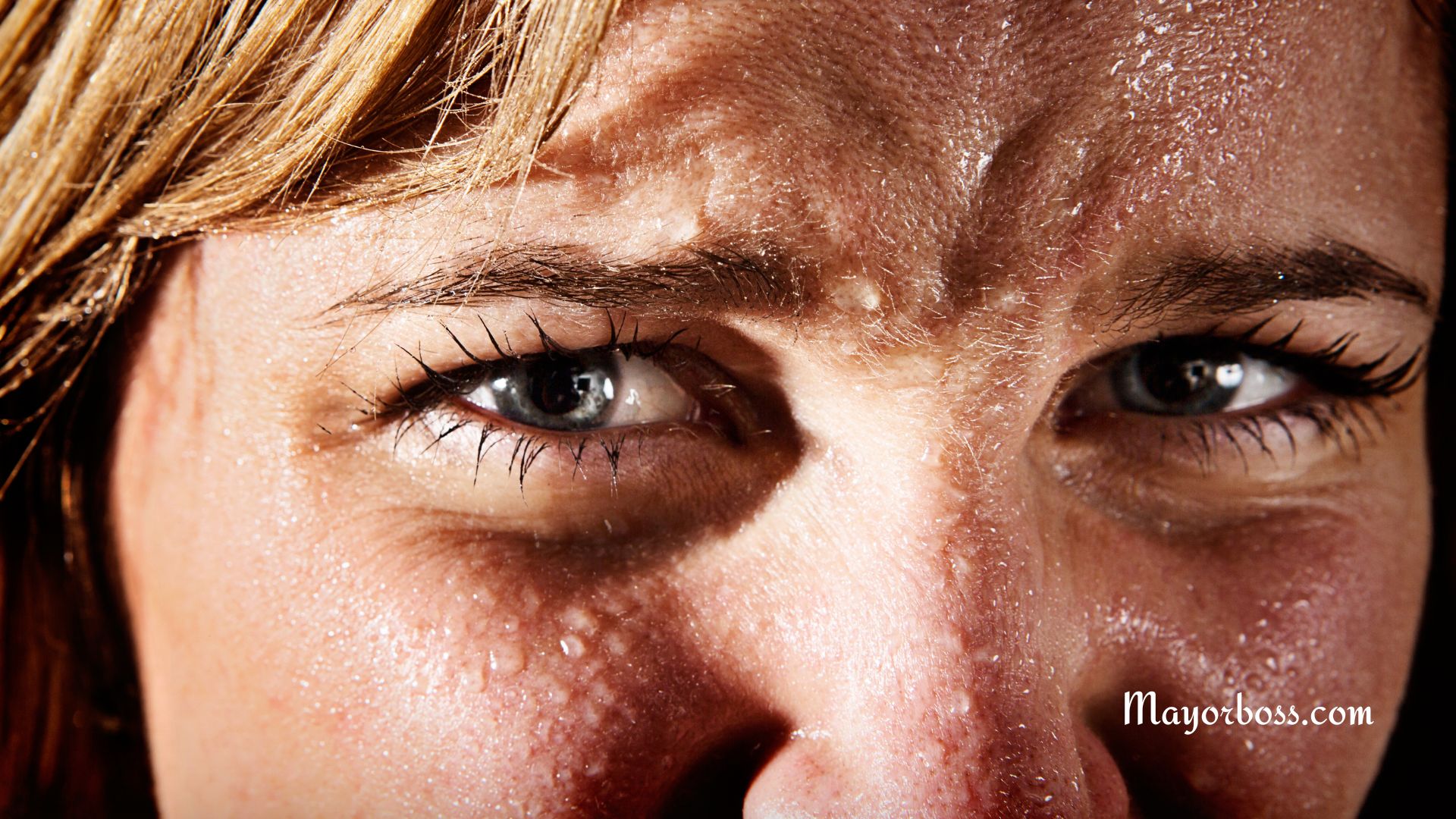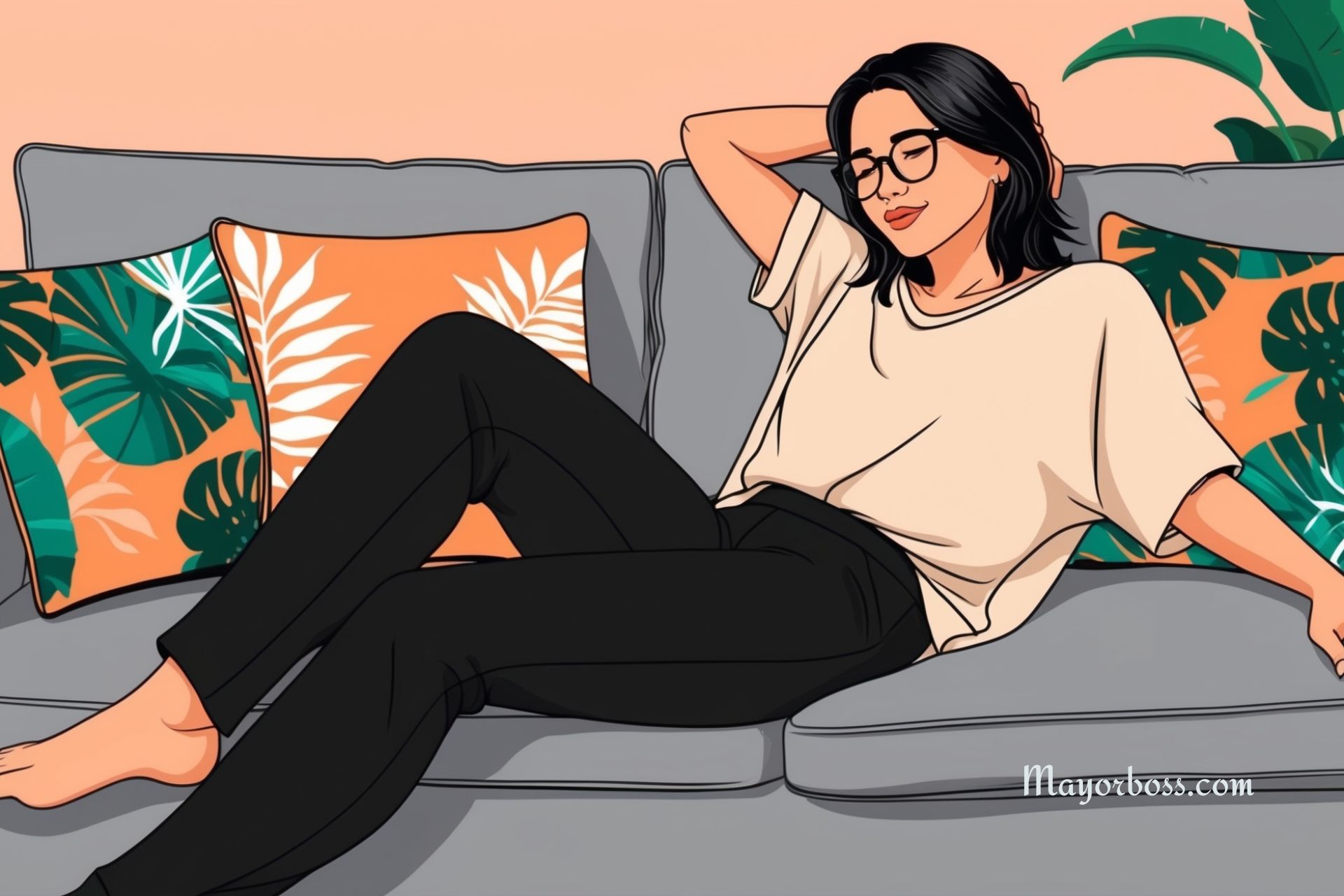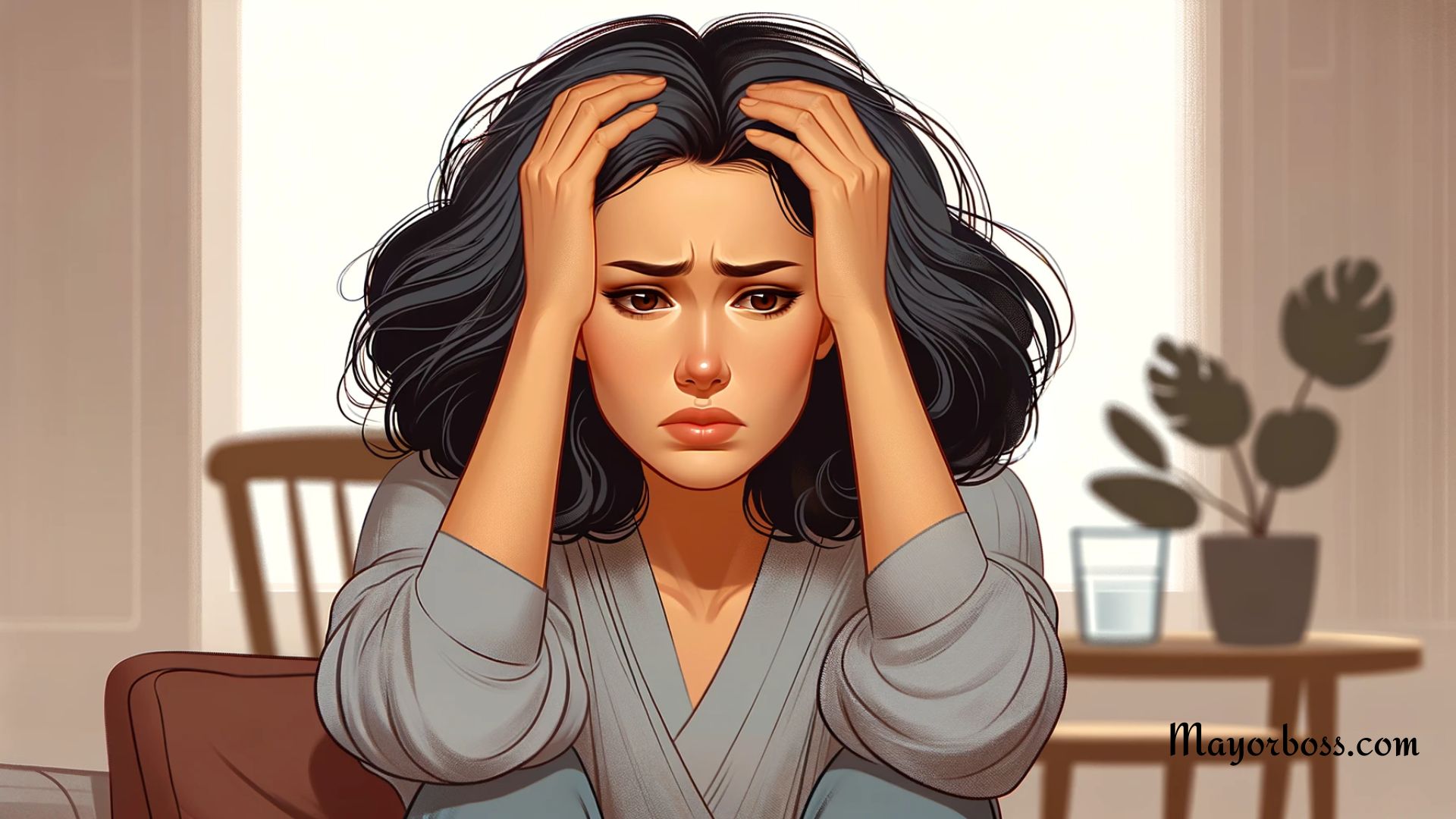How To Deal With Anxiety
You want to deal with your anxiety, but you don’t know how. Dealing with anxiety can be difficult, but there are some helpful tips that can make it a little easier. In this article, I’ll share with you some of the best ways to deal with anxiety. When you apply these tips, you’ll be on your way to managing your anxiety more effectively. The best part? You can start today. Let’s dive right in.
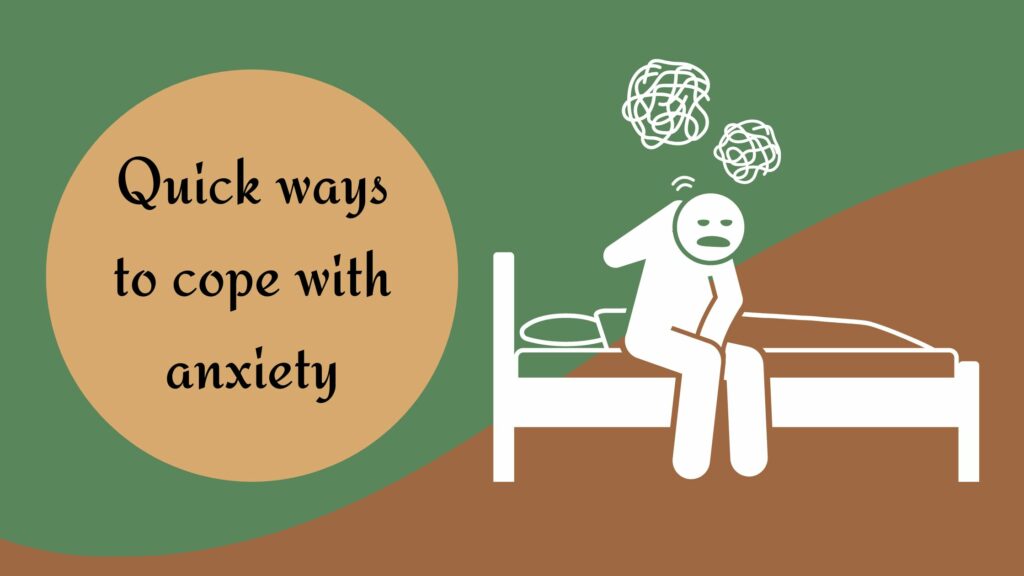
1. Identify Your Triggers
One of the best ways to deal with anxiety is to identify your triggers. What causes your anxiety? Is it work, family, school, finance, or something else? Once you know what your triggers are, you can start to work on avoiding them or managing them better. For example, if your trigger is work-related stress, try to find ways to reduce your workload or take some time off. If your family is your trigger, try to set boundaries and have some “me time” to relax.
2. Learn Relaxation Techniques
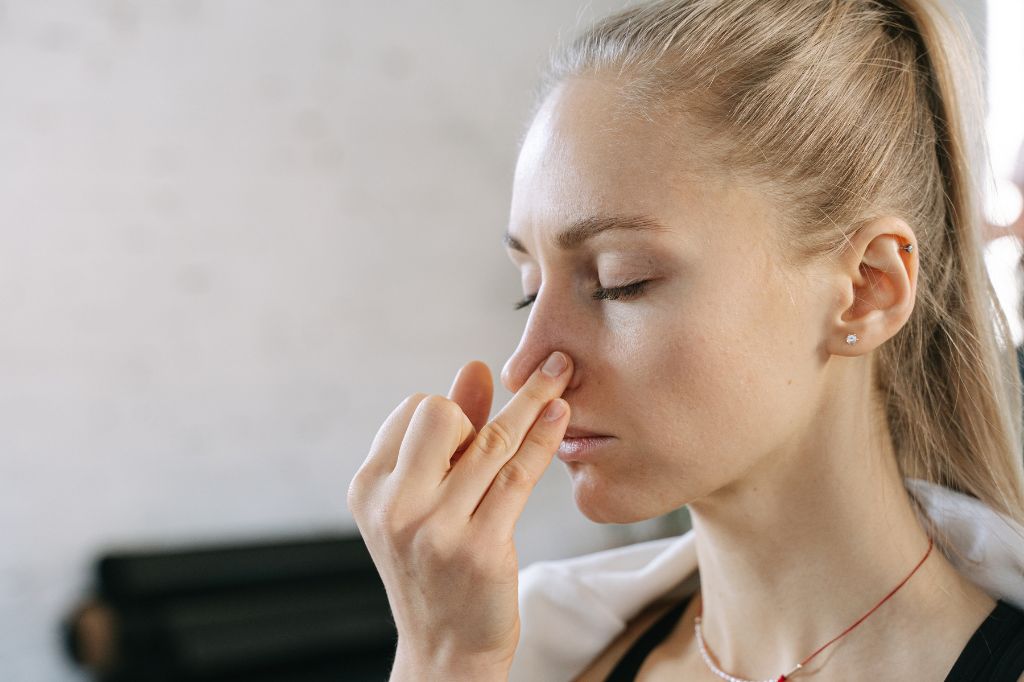
Relaxation techniques can be very helpful for dealing with anxiety. Let me explain: When you’re anxious, your body goes into “fight or flight” mode. This means that your heart rate and breathing speed up, and your muscles get tense. Relaxation techniques can help to reverse these effects by slowing down your heart rate and breathing and loosening your muscles.
The question is: What relaxation techniques should you use? There are many different techniques that can be effective, so it’s important to find one that works for you. Here are a few to get you started:
- Progressive muscle relaxation: This involves tensing and relaxing different muscle groups in your body.
- Deep breathing: This involves taking slow, deep breaths and focusing on your breath.
- Visualization: This involves picturing a peaceful scene in your mind.
- Meditation: This involves focusing on your breath and letting other thoughts pass through your mind without dwelling on them.
You can learn more about these and other relaxation techniques here: Relaxation Techniques for Stress Relief
3. Challenge Your Negative Thoughts
One of the biggest contributors to anxiety is negative thinking. When you’re anxious, you may tend to focus on the worst possible outcome of a situation. For instance, if you’re about to get a job interview, you may be thinking, “I’m going to blow it,” or “They’re going to see how incompetent I am.” These thoughts can make your anxiety worse and may even prevent you from performing your best.
The good news is that you can challenge these negative thoughts. When you catch yourself thinking something negative, stop and ask yourself whether it’s really true. For example, if you’re thinking, “I’m going to blow it,” ask yourself, “What evidence do I have for that?” You may find that there is no evidence to support your negative thought. If that’s the case, then you can start to replace that thought with a more positive one. For instance, you might tell yourself, “I’m going to do my best,” or “I have what it takes to succeed.” Put simply, changing your thinking can help to change your anxiety.
4. Accept That You Cannot Control Everything
Most people with anxiety want to control everything in their lives. They want to be able to predict and control the outcome of every situation. But wait, there’s a problem with that. The reality is that you cannot control everything. And that’s okay. Accepting that you cannot control everything can be difficult, but it’s an important part of dealing with anxiety. When you accept that you cannot control everything, it takes some of the pressure off. You no longer feel like you have to be perfect or in control all the time. And that can make a big difference.
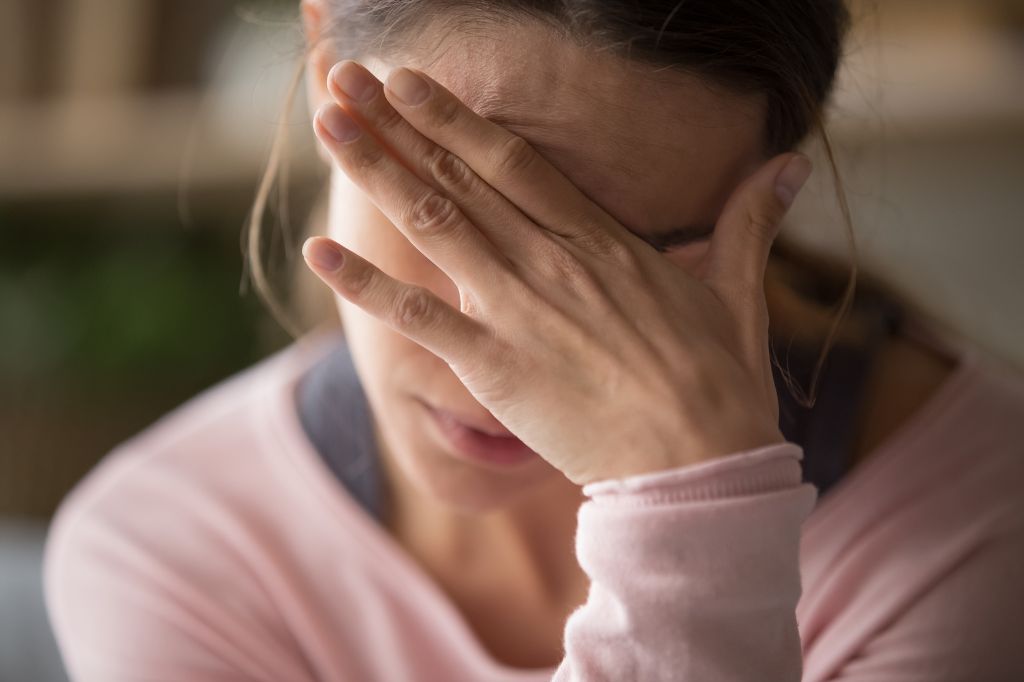
5. Avoid Caffeine & Alcohol
While moderate amounts of caffeine can be beneficial, too much can worsen anxiety. Caffeine is a stimulant that can make you feel more alert and increase your heart rate, which can lead to an increased sense of anxiety. Alcohol is a depressant that can also worsen anxiety.
In fact, according to the Anxiety and Depression Association of America (ADAA), even moderate drinking can worsen anxiety and mood after a few hours. While it may seem like alcohol can help you relax, it can actually make anxiety worse in the long run.
So, what’s the bottom line? If you’re struggling with anxiety, it’s best to avoid caffeine and alcohol. However, if you find that you can’t avoid caffeine or alcohol entirely, try to limit your intake.
6. Get Enough Sleep
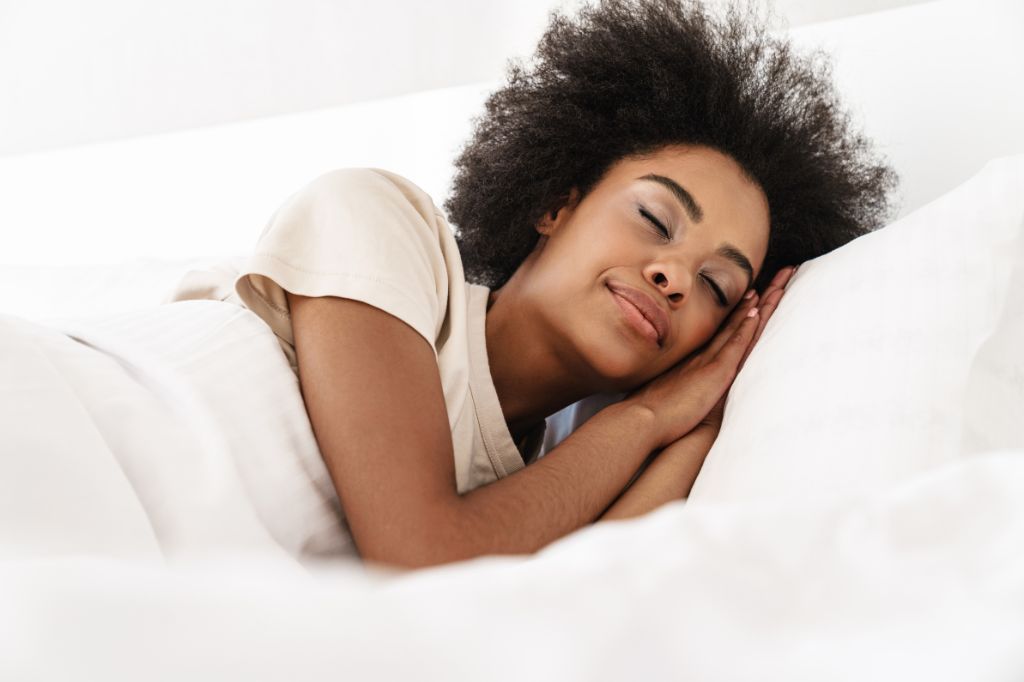
Another important tip on how to deal with anxiety is to get enough sleep. Sleep is crucial for our overall health and well-being, yet many of us don’t get enough. In general, sleep can help to reduce stress and improve your mood. If you’re not getting enough sleep, it can make your anxiety worse. Try to get 7-8 hours of sleep every night. If you have trouble sleeping, there are some helpful tips in this article:
7. Eat Well-balanced Meals
For many people, diet plays a role in anxiety.
Eating lots of junk food or skipping meals can contribute to anxiety.
Try to eat well-balanced meals and energy-boosting snacks throughout the day to keep your energy levels up and your anxiety at bay.
8. Get Regular Exercise
Exercise is another important component of anxiety treatment. Regular exercise has been shown to have numerous physical and mental health benefits, including reducing stress and improving mood. For people with anxiety, exercise can provide an outlet for nervous energy and help break the cycle of negative thoughts. A moderate amount of exercise is the key to maintaining mental health benefits, so aim for 30 minutes of moderate exercise, such as brisk walking, on most days of the week.
9. Laugh More
You probably don’t feel like laughing when you’re anxious, but humor can be a powerful tool in the fight against anxiety. Laughter can help to relax your mind and body, release endorphins, and reduce stress. So, next time you’re feeling anxious, try to watch a funny movie or TV show or even read a humorous book.
10. Seek Professional Help
I’ll be honest. Dealing with anxiety can be tough. If you’ve tried all of the above tips and you’re still struggling, it may be time to seek professional help. A therapist can help you to identify and change negative thinking patterns, manage stress, and develop coping mechanisms for dealing with anxiety. Don’t be afraid to seek help if you need it.
Final Thoughts
There you go, my friend. You now have tips on how to deal with anxiety. Remember, anxiety is a normal part of life. It’s only a problem when it becomes excessive and starts to interfere with your daily life. If you find that your anxiety is starting to take over, try these tips and see how they help. If you’re still struggling, don’t hesitate to seek professional help. The most important thing is to take action and not let anxiety control your life.
ALSO READ: These 6 Essential Oils Will Calm Anxiety and Help You Fall Asleep Fast


